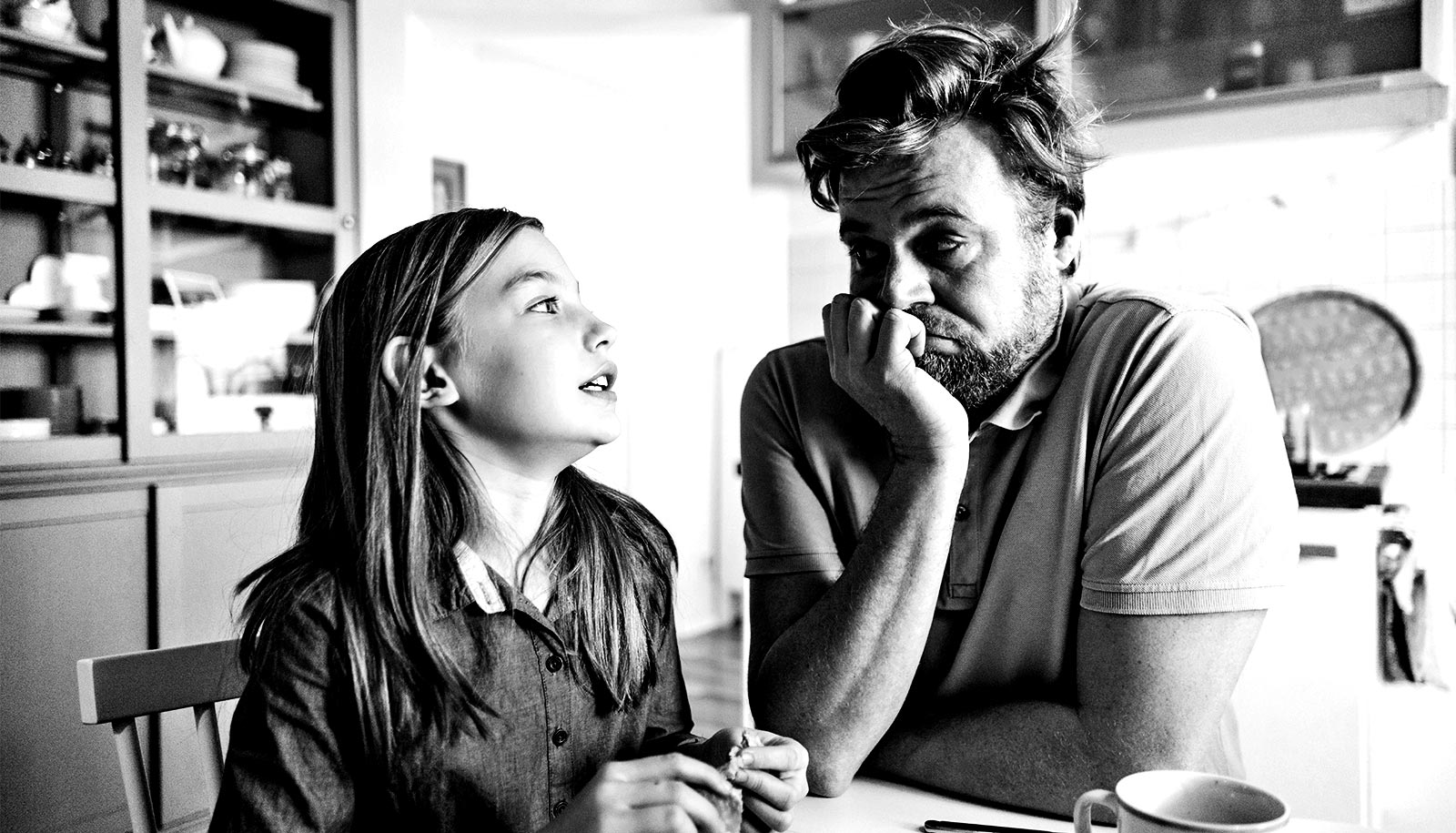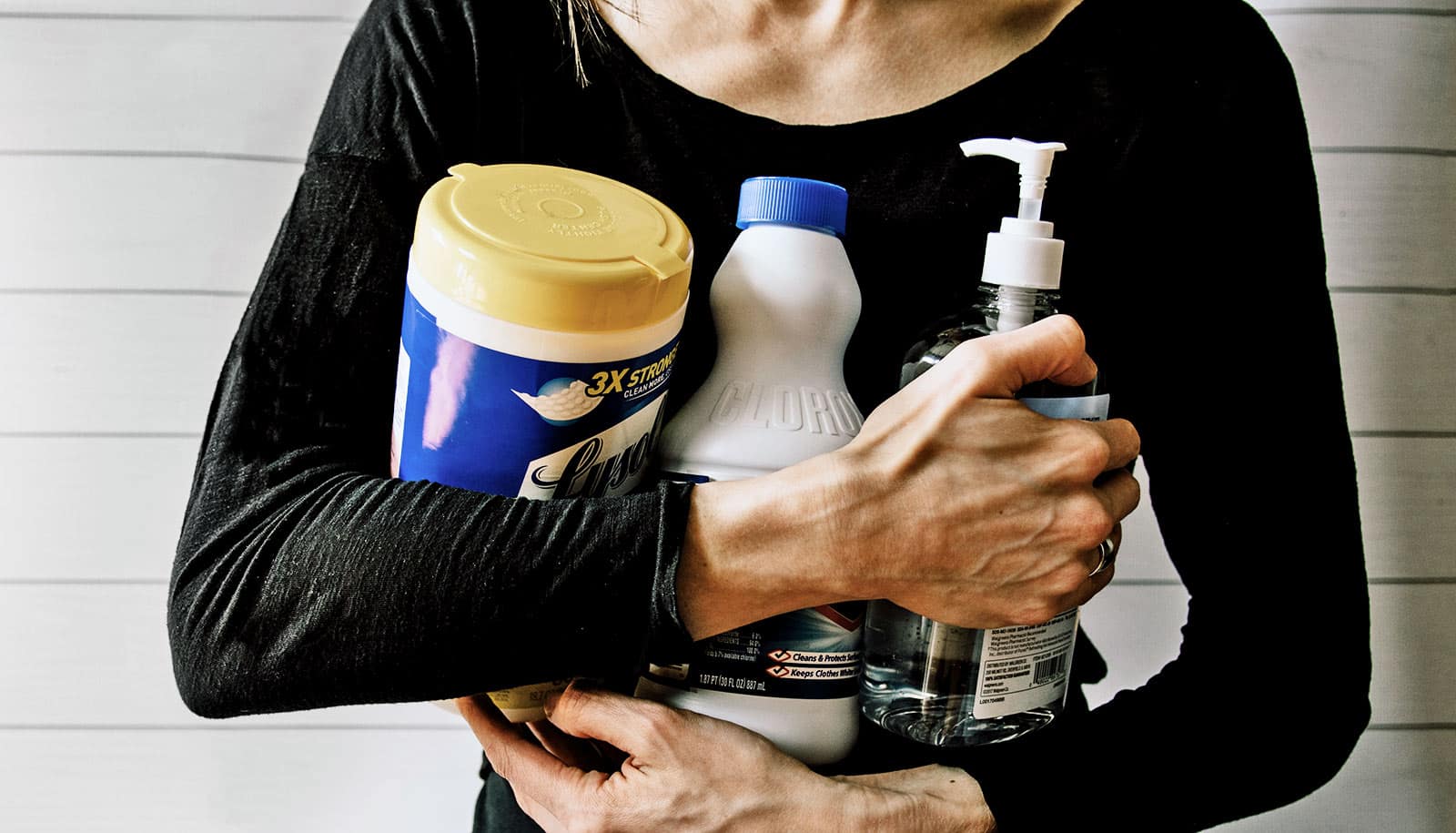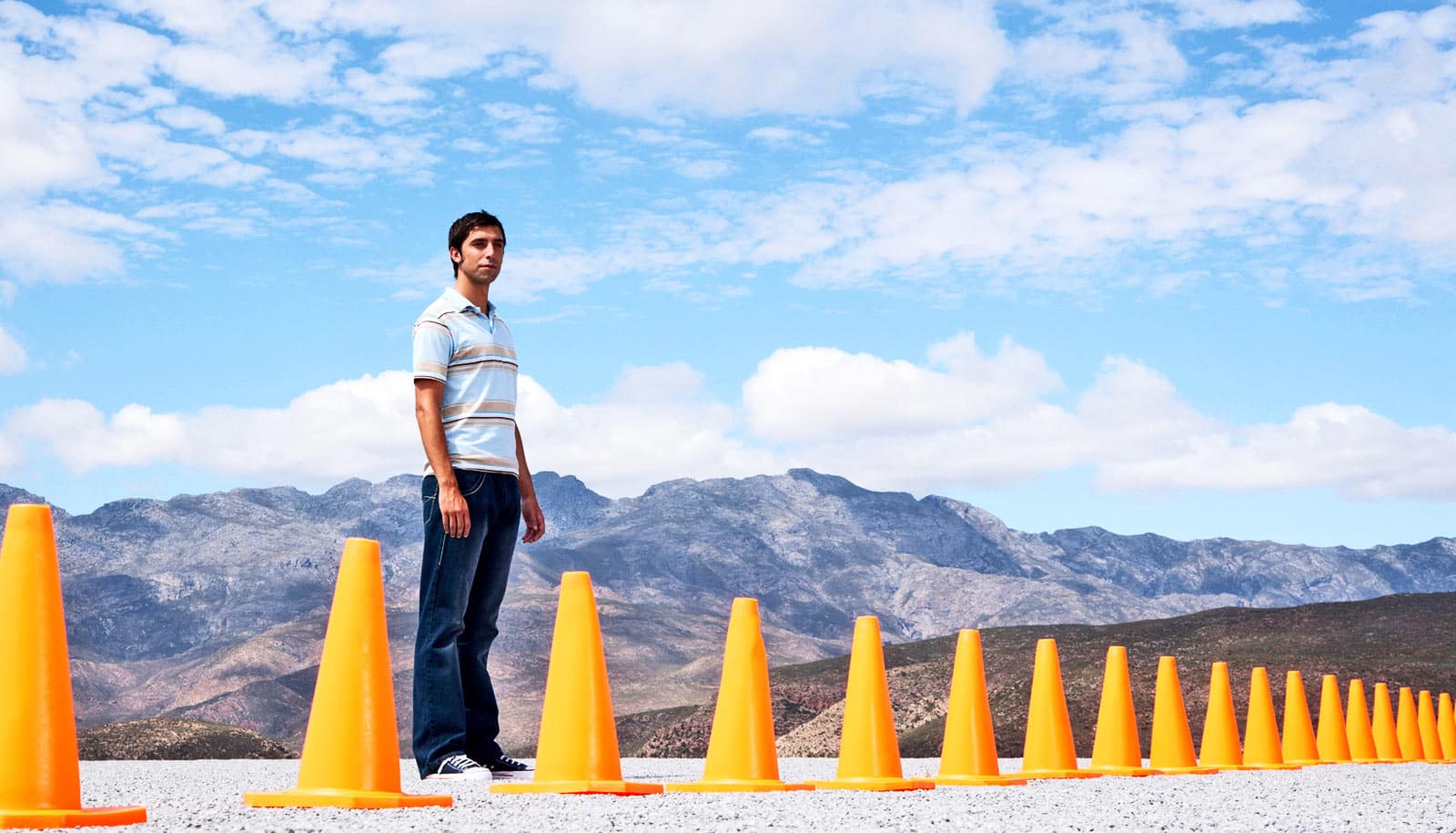Social distancing, according to infectious disease experts, is one of the best ways to try to slow the spread of COVID-19. But what about its psychological consequences?
“It’s important to be creative and maintain as much meaningful connection with family and friends as possible, says Harry Reis, a professor of psychology at the University of Rochester.
“And it’s important not to panic. We will get past this crisis and then there will be lots of good stories to share. Everybody has to do the best they can so that as many of us as possible can come out of this crisis healthy and happy.”
Here, Reis and Ronald Rogge, an associate professor of psychology, discuss the effects of social distancing, how families can cope, and the importance of keeping in touch with friends:
What happens when families all hunker down together?
Reis: In the short run, people may have a nice day, playing with their kids in the backyard. It’s spring, the weather is going to get better and people can anticipate having lots of social contact with their immediate family and that should be good. However, over time that may well start to wear a little bit thin. As people don’t have normal access to their other social connections—digital connections are limited in what they can provide us—and as people continue to isolate themselves they are likely to start feeling isolated and that’s going to be distressing.
What about those who live alone?
Rogge: For introverted people, social isolation is probably the most comfortable thing but for people who crave social contact, it can be really hard. You go from suddenly seeing dozens if not hundreds of people a day to just seeing the same handful of people every day, or just being home with your pets. It’s obviously the safest thing for physical health at this time, but we know that human connection is a fundamental psychological need and cutting ourselves off from that connection can be difficult.
Reis: They would be at much greater immediate risk of serious problems—certainly the elderly who are more vulnerable to social isolation to begin with, lonely people, people with emotional problems who live alone, all these are likely to have harder and harder times making connections. Digital connections only go so far in satisfying our need for social connection. Digital connections are like fast food: they may be better than going hungry, but they don’t provide the real nutrition that we all need. They just are not a good substitute for real face-to-face interactions. We may well see people taking greater risks over time, just because the lack of social contact is going to be so disturbing to them.
What’s your advice?
Reis: For people who live alone—make every effort to connect often digitally with other people. If you must go out, make sure to have relatively safe kinds of contact, such as keeping six feet distance when talking to other people. If you think you might be infected, stay home. Also fill your time with other kinds of fulfilling activities, such as hobbies, meditation, reading, outdoor exercise—keeping oneself occupied in productive, meaningful activities.
It’s important to be creative and maintain as much meaningful connection with family and friends as possible. And it’s important not to panic. We will get past this crisis and then there will be lots of good stories to share. Everybody has to do the best they can so that as many of us as possible can come out of this crisis healthy and happy.
Rogge: Especially for younger kids setting up some sort of routine is helpful as their lives have been completely disrupted and that’s stressful even in a very loving family with a lot of good support. So, saying “Ok, we’re going to eat breakfast at this time and afterwards we are going to do this for a couple of hours” and then establishing this new schedule and helping them ease into it will make the transition easier. Of course, not all families have five or six rooms where everyone can find some quiet space. Maybe ask “How long has it been since we went on a walk as a family, or since we played board games together?”—just trying to find ways under these unusual circumstances where you can be supports for each other rather than just getting on each other’s nerves.
In the short run, social isolation has meant that hectic schedules, especially for families, have slowed down. Is that not a beneficial side effect?
Reis: I think that’s going to be a very short-lived effect because as time accumulates people will start to get restless. Being home won’t be as fulfilling, and people will start to fall behind in all kinds of meaningful activities: kids won’t have school, online education for young kids can only go so far, and people will suffer from not having their normal activities and routines. People will start to get bored. Many people won’t have stimulation to keep themselves from feeling fulfilled, and they may start becoming testy with each other. Many people won’t be able to attend religious services and for them that’s a major source of solace and meaning. Some religious institutions are moving online but just as with online relationships—there’s only so much that an online presence can do.
Rogge: In a way we’re stepping back in time a bit because right now we can’t have our fast-paced lives where we are darting from this to that. Families will find that they have a lot more time to spend with each other and that can be a challenge, yes, but also a real opportunity.
Ron, you are the coauthor of a study about chronic sleep deprivation among teenagers. In this sense, social isolation means no early school start times and more time to sleep. Isn’t that at least positive?
Rogge: Yes! But as far as their social lives go, I’m not sure that they would agree with that assessment. The extra sleep that they get and the benefits that has for their well-being may be balanced by the challenges that this whole social distancing is offering us.
I’ve heard from people via social media to whom I haven’t spoken in years or decades. Is that a universal human response to crisis?
Rogge: That doesn’t surprise me at all. It seems like a very good way to cope. The first thing I wanted to do this morning was to jump onto Facebook, jump onto Instagram, and start reaching out to people because we are at the very beginning of this social distancing and already I’m missing my friends and family.
Reis: That’s very common. Whenever a disaster happens—9/11, earthquakes, hurricanes, or tornadoes—the first thing people do is to check in with people they care about. The need to know that loved ones are safe and to let others know that they are safe is a very basic human need.
Source: University of Rochester



